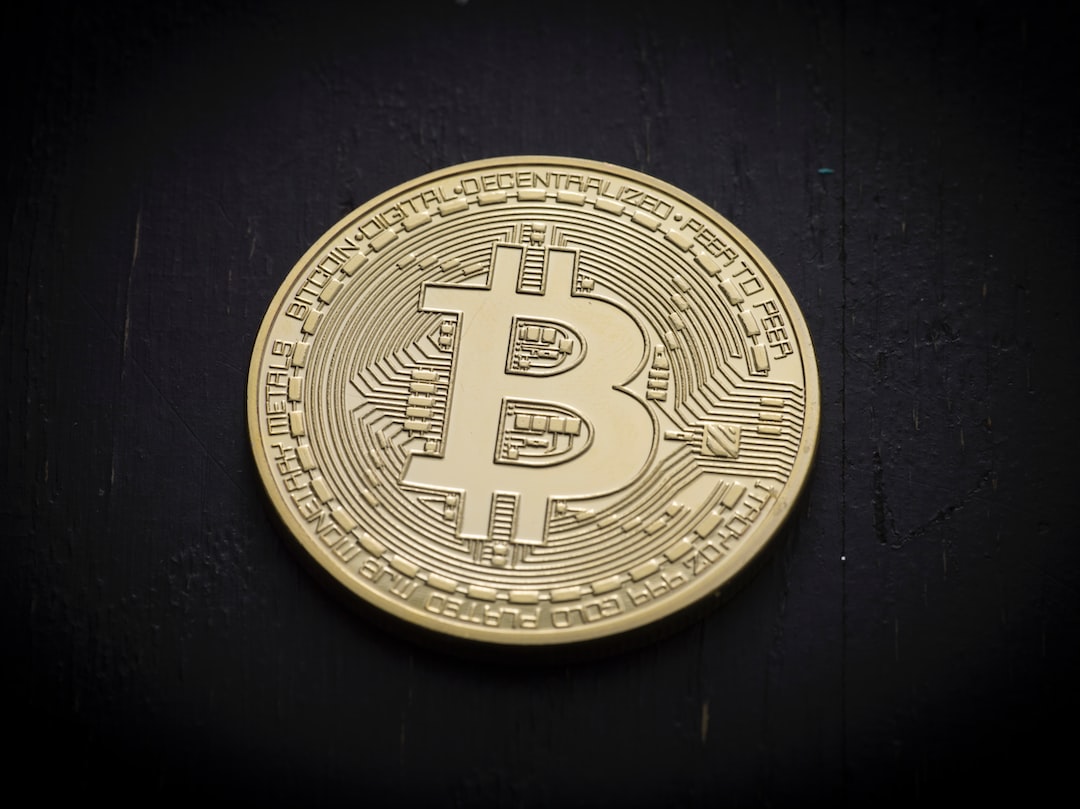POL Contracts Release on Goerli Testnet
Sandeep Nailwail, co-founder of Polygon, announced on October 4 that POL Contracts have been deployed on the Goerli testnet. This release marks a significant milestone in the development of Polygon 2.0. Additionally, two Polygon Improvement Proposals (PIPs), PIP-24 and PIP-25, were also released alongside these smart contracts.
Impact of PIPs on MATIC Tokens
Polygon Labs explains that the functioning of PIP-24 and PIP-25 can affect the smart contracts responsible for burning MATIC tokens. These contracts were created based on specifications outlined in Ethereum Improvement Proposal (EIP)-1559.
EIP-1559 was implemented on Ethereum to address high gas fees caused by network congestion. While it improved efficiency, Ethereum still has some of the highest gas fees due to its association with decentralized finance (DeFi) and non-fungible token (NFT) operations.
Burning MATIC on Polygon
On Polygon, EIP-1559 plays a crucial role in burning MATIC tokens collected from transaction fees. Since its implementation, over 20 million MATIC tokens have been burned, gradually reducing the circulating supply. PIP-24 proposes updates to the EIP-1599 burn mechanism, including changes to the recipient address. This modification is necessary for implementing Phase 0 of Polygon 2.0. PIP-25 outlines how to redeem MATIC to POL at a 1:1 ratio, ensuring stability within the Polygon ecosystem.
Polygon 2.0 Upgrading for Higher Throughput
Polygon 2.0 aims to enhance scalability, security, and user-friendliness. The upgrade will integrate zero-knowledge (ZK) proofs to improve transaction privacy. Polygon Labs is already working on enhancing its Polygon zkEVM solution, which uses ZK proofs to process transactions efficiently and securely. Additionally, Polygon 2.0 will introduce shards, allowing the network to process transactions in parallel and increase throughput. These improvements will enable Polygon to handle more intensive dapps and attract a larger user base.
Hot Take: Advancing the Future of Polygon
The release of POL Contracts on the Goerli testnet and the introduction of PIP-24 and PIP-25 mark significant progress for Polygon’s development. With these updates, Polygon is paving the way for Polygon 2.0, which aims to enhance scalability, security, and user experience. By incorporating zero-knowledge proofs and implementing a new architecture with shards, Polygon is positioning itself as a leading blockchain platform for decentralized applications. These advancements will not only improve transaction privacy but also increase network throughput, enabling Polygon to support more complex applications and attract a wider audience.





 By
By
 By
By
 By
By
 By
By
 By
By
 By
By